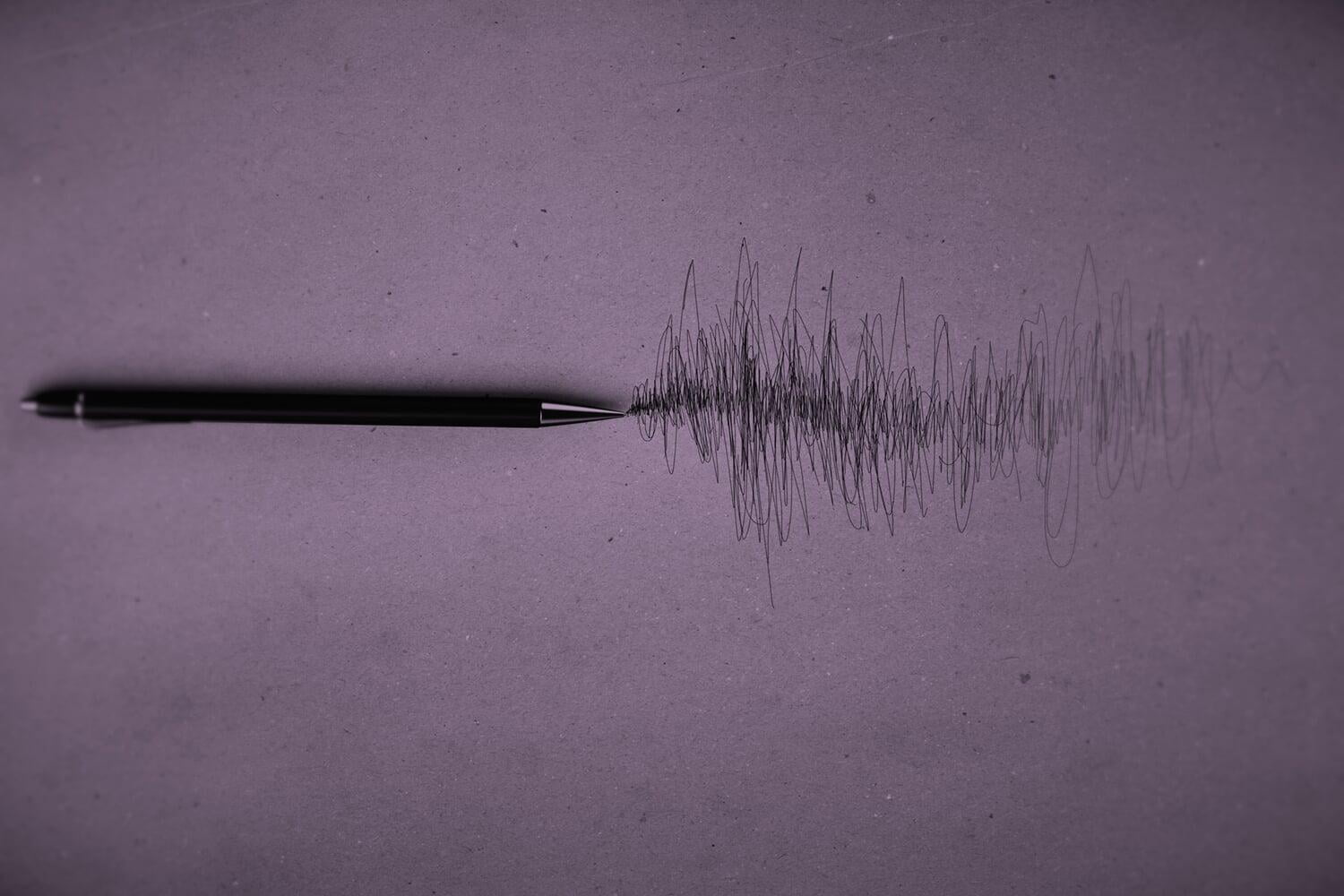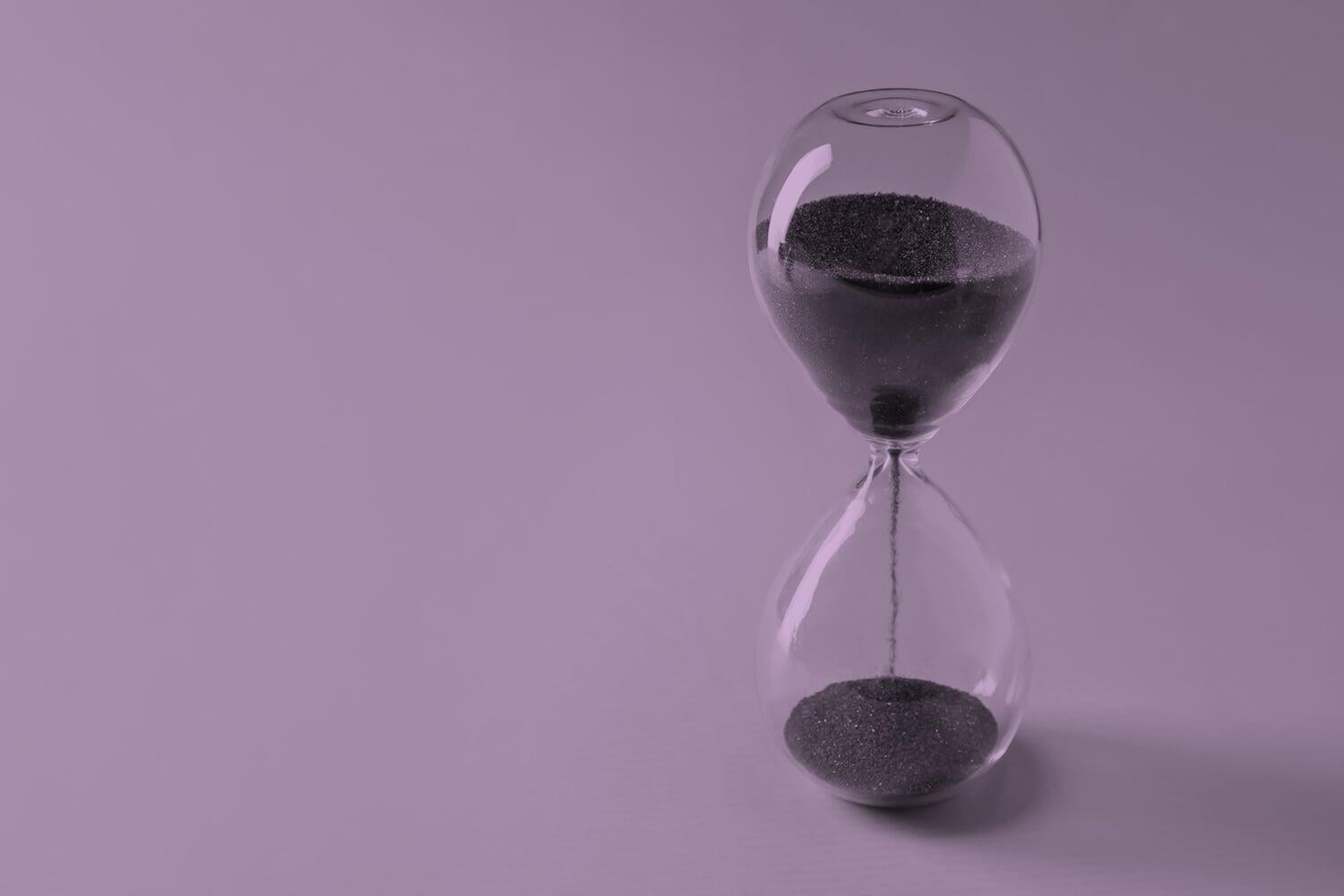The Pathway to Excellence | Live | Home Life and Finance
Finances and Personal Debt
We need to work through the best ways to manage our finances and personal debt – how we make specific choices about what level of personal debt we will and will not take on to support the lifestyles that we might choose to lead.

Money plays a central role in our lives. We learn about it as we grow up, building the skills and habits required to use it well and manage it effectively. Acquiring the skills of budgeting and saving can give us the resources we need to pay our bills, put food on the table, and take care of our responsibilities as well as having a bit of fun along the way.
Being wise with money starts with knowing how much we need to live the life that matches our present circumstances and our future aspirations. Researching the financial requirements for our education, cost of living, and accommodation is a great starting point for our budgeting. We should know how much we need to and then we can start to plan how to get there. At the same time, we need to know what options are realistically available to us at this point in time. We need to be aware that wishful thinking is less helpful in planning our finances than solid evidence of what we we might earn in the future based on our present earning capacity.
It’s often difficult to keep track of all the moving pieces in managing our personal finances. Fortunately, there are many platforms that can support us in our planning. Easy-to-use apps are available to us and can help us to track our daily, weekly, and monthly earning, expenditure, and saving requirements and keep us honest when our spending doesn't match our plan.
“I love money. I love everything about it. I bought some pretty good stuff. Got me a $300 pair of socks. Got a fur sink. An electric dog polisher. A gasoline powered turtleneck sweater. And, of course, I bought some dumb stuff, too.”
Steve Martin
It’s important to include realistic and purpose driven savings goals as part of our plans. We can't save everything and in fact we may only be able to save a small portion of what we earn. We need to work within the limitations of our lifestyles and budgets and, if necessary, change them over time to accommodate our long term ambitions. Keeping a strong eye on the future can help us to avoid raiding the piggy-bank. Being purpose-driven, therefore, can stop us from digging into our savings whenever we feel like it. Believing in the importance of what we are saving for needs to be at heart of our motivation for saving properly.
As with saving, debt is a also normal part of life. From time to time all of us will probably need to borrow so that we can afford what we want and need today. All of us need to learn how much debt we can manage comfortably. We need to learn how to meet our obligations and how to juggle the competing interests of buying now and paying later. The stress associated with unmanageable debt causes more pain and misery than almost any other pressure in our lives. This does not mean we should avoid debt all together but we need to learn where our limits lie. A small number of us will have neither the appetite nor means to take on any debt. For the rest of us, it's about learning about sensible limits and realistic time frames for repayment.
Self-control plays a significant role in the ongoing project of managing our personal finances. Our propensity to prioritise our short-term enjoyment over our long-term goals compromises our financial stability and security. We need to learn how to pause in the heat of the moment and put our credit cards back in our pockets. We need to actively encourage our responsible behaviour and build systems of personal accountability that hold us to our purpose, whatever that may be.
We can contemplate our the way we are Managing Personal Finances by considering the following questions:
- Do I thoroughly research what it’s going to cost to support my education, including tuition, school expenses and living costs?
- Do I use apps or other tools to inform me and keep me honest about my expenses and income on a daily basis?
- Do I set aside enough money each month to put into a savings account, knowing that this can make a difference?
- Do I exercise self-discipline in controlling my expenses to ensure that I am in good financial shape?
- Do I know the consequences for my financial security and my credit rating if I do not pay my bills?







